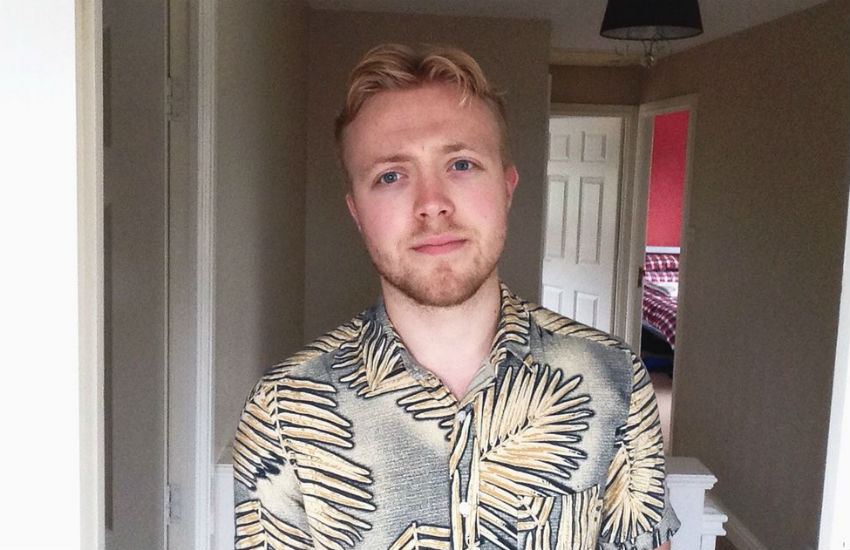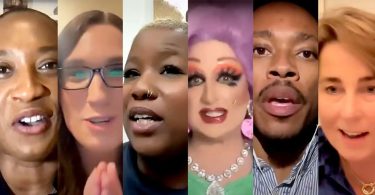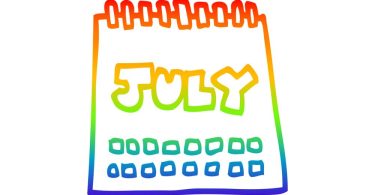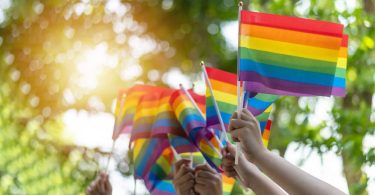Social media is rife with self-doubt and self-obsession. It’s a world where beauty is the only currency in an aesthetically capitalistic race to the bottom.
But why? It’s because we empower a select few – so-called Gay Twitter™
Gay Twitter is a bloc of predominantly young, conventionally handsome gay men who dominate and direct social media discourse for the queer masses. Some call them the ‘gay Twitter illuminati’ – but that feels trite and smacks of bitterness.
On the surface, what is wrong with being part of this homosexual elite? Absolutely nothing. I am all for promoting body confidence and if you can get people to like you for how you tweet or how you look, then why not embrace that?
Photo: supplied
As some of my Snapchat friends will attest, I too have delved in to the world of artificial adulation for a brief pick-me-up from time to time.
It’s a buzz that doesn’t last long though.
‘If you’re gay, your body is your currency’
In a similar way that endless streams of one-night stands will fill you with the sense that you’re desired or valuable by modern gay standards, it is too fleeting. It also comes with a creeping cloud of self-loathing – at least in my case.
Why am I seeking so much value in the opinion of others? I am more than a body, so why doesn’t gay culture recognize that?
If you’re gay, your body is your currency. It really is that simple – and as you would expect, Gay Twitter are the wealthiest of us all.
But increasingly, ostracism within our own circles is wreaking havoc.
I’m sure many of us know how it feels to scour timelines endlessly filled with chiselled, semi-nude men and their boyfriends partying in Dubai. We see proud parades of twinks, accompanied by adoring social media praise.
‘Thicc!’ ‘DADDY!’ ‘A man!’
Words that in a wider social context mean virtually nothing, but in the LGBTI circles of social media, are a sign of your stock rising.

Photo: supplied
Naturally, I want to get in on the act.
I take picture after picture in place after place with angle after angle – and nothing. I want to scratch my face off because I know one good selfie is my key to living that ‘better’ gay life everyone is always talking about.
Finally, I get the shot, I perfect it, upload it.
Four likes – my great-aunt, my sister and two of my friends. What’s the point?
‘I’ve never quite fit the bill’
The truth of the matter is, if your feed isn’t lit up by the right blend of selfies and Wendy Williams gifs, if you don’t worship the right ‘skinny legend’ and aren’t armed with an army of facts about the world of pop culture, you are invisible.
The mainstream excludes you.
There is little to no allowance for those queers whose interests deviate from the norm.
It’s as if so many of us spent our developing years getting so used to being ostracized for being different, we now find ourselves electing our own oppressors. They’re our very own Mean Girls to tell us we can’t sit with them.
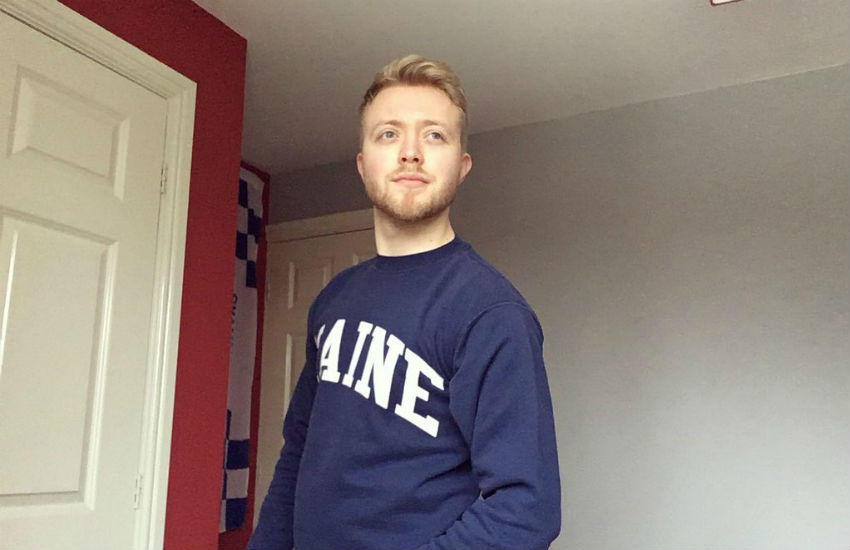
Photo: supplied
It’s important to know that this is not a piece aiming to blame people for a crisis in LGBTI mental health. But it is one that aims to shine a light on our culture, so it can address the issue of gay loneliness.
I grew up in a rural area where I was the only out LGBTI person in my school year. I compensated by engaging with urban gays from big cities on social media, but because my experiences are different, I’ve never quite fit the bill.
There’s no follow back, no likes on your selfie, not even a polite response to the twelfth friendly tweet you’ve sent them this week. Thinly veiling your desperate plea for some kind of acknowledgement, a reassurance that you have value to somebody – you’re still alone.
People should better understand that tacitly reinforcing superficial power dynamics has long-lasting effects on the people at the bottom of the pile.
A complicated relationship with Grindr
I have spent lots of money on my appearance – gym memberships, proteins, skin cleansers, hair products, hair stylists, tooth whiteners, electric shavers, electric trimmers – you name it, I’ve probably bought it.
I wish I could sit here and say in good conscience that I spent that money on a virtuous journey to self-improvement but you and I both know, it was for that Grindr Adonis two towns away.
He’s the one who I simultaneously want to look like and experience what he feels like. All of that money and time just so a stranger can distract me from my loneliness and give me that all too fleeting sense of value that fades far too soon.
For a lot of us, our first experience of gay culture is Grindr – a cesspit of beauty dealing in brutality.
Every gay or bisexual man reading this will know the feeling of messaging a guy who makes your boxers a little bit shorter with just a single glance… only to get no reply. You lick your wounds and each time, it gets a bit easier.
Most of us desensitize ourselves to the rejection.
Scratch a little below the surface and you see that our collective mental health is hoisted by the famous hook-up culture we’ve all enjoyed at some point or another.
If you’re not pretty, you’re garbage.
That is the message we send to each other, and it’s one that gets internalized over and over until social media is bombarded by perfectly attractive young gay men posing topless silently begging to be validated.
How can we become better gays?
It’s high-time we realized that just because someone doesn’t fit our bill, doesn’t mean we can treat them like they’re worthless.
We’re dehumanized to exhaustion by our own throw away hook-up culture that says looks are all that matter and substance is unnecessary.
Better yet, we reward this behaviour by collectively fawning over the very people who use their social status to trample on others.
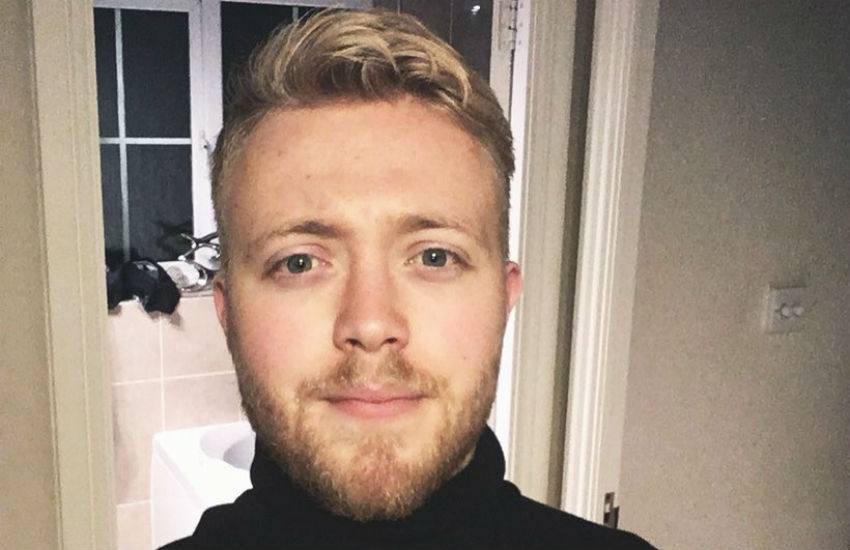
Photo: supplied
I know that Gay Twitter aren’t sewing the seeds of these problems on purpose – they’re probably as skittish and isolated as everyone else. Those posting selfie after selfie probably aren’t doing it for attention, but that elusive affection instead.
I realize that laying the blame for all these problems at the door of the pretty and more fortunate isn’t entirely fair.
I’m the dismissive prick on hook-up apps that airs your thirteenth message and I am the chain messenger who won’t stop until he gets a firm no. I am the desperate guy on Twitter asking for a place to belong and I am the self-loathing selfie whore who craves validation I can’t find on my own.
But I’m trying to not be and I think more of us should try too.
–––
Chris Whiting is a writer. You can follow him on Twitter.

